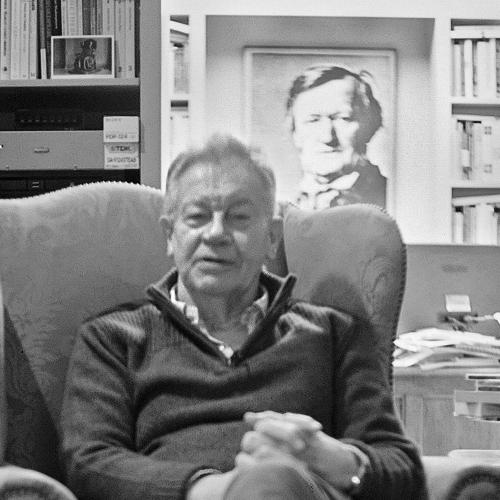COMPOSERS: Schubert
LABELS: BIS
ALBUM TITLE: Schubert: Symphony No. 6 - Rosamunde
WORKS: Schubert: Symphony No.6; incidental music from Rosamunde, D 797
PERFORMER: Swedish Symphony/ Thomas Dausgaard
CATALOGUE NO: BIS-1987 SACD
I was so shocked by the dullness of Schubert’s Sixth Symphony on this disc that as soon as I had listened to it I put on Thomas Beecham’s recording from 1955, still sounding excellent. I was in a different world. The Sixth is no masterpiece whoever conducts it, in fact it seems to me the weakest of the Symphonies. Schubert is being ambitious in it: he aimed to learn from Beethoven in the brevity of the themes and their lengthy development, and from Rossini in the construction of climaxes. As even the authoritative Schubert scholar John Reed admits, the Symphony ‘is not entirely successful’. Schubert was trying not to do what he did best at that stage of his development, which was to write glorious melodies, as in the adorable Fifth Symphony.
Even so, I’m sure that such resolute charmlessness as Thomas Dausgaard and his Swedish Chamber Orchestra bring to the work would have dismayed the composer. Tempos are fairly brisk, but every last repeat is observed, and several stretches of this work yield up their secrets all too readily at a first hearing, let alone a second. The most interesting movement is the third, Schubert’s first symphonic scherzo, and almost a carbon copy of that in Beethoven’s First Symphony. But even here the trio, an initially strange and interesting piece, outstays its welcome. And the last movement seems to jog along forever. The Rosamunde music, rapidly cobbled together, only delights in material which is put to better use in the second movement of the A minor Quartet.
Michael Tanner
